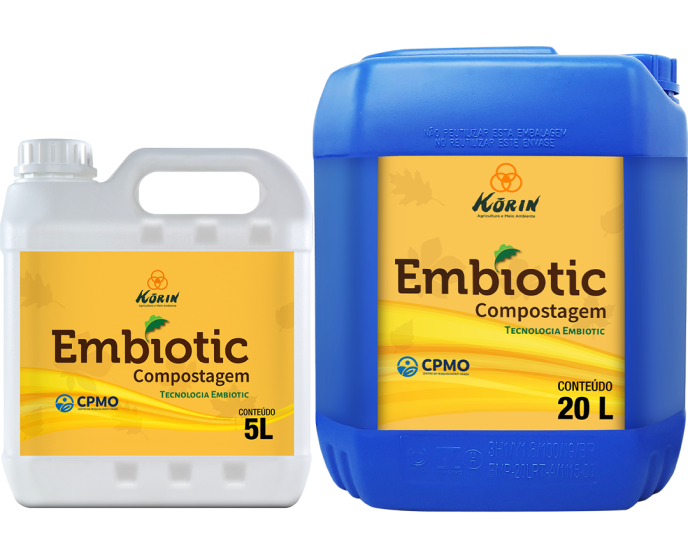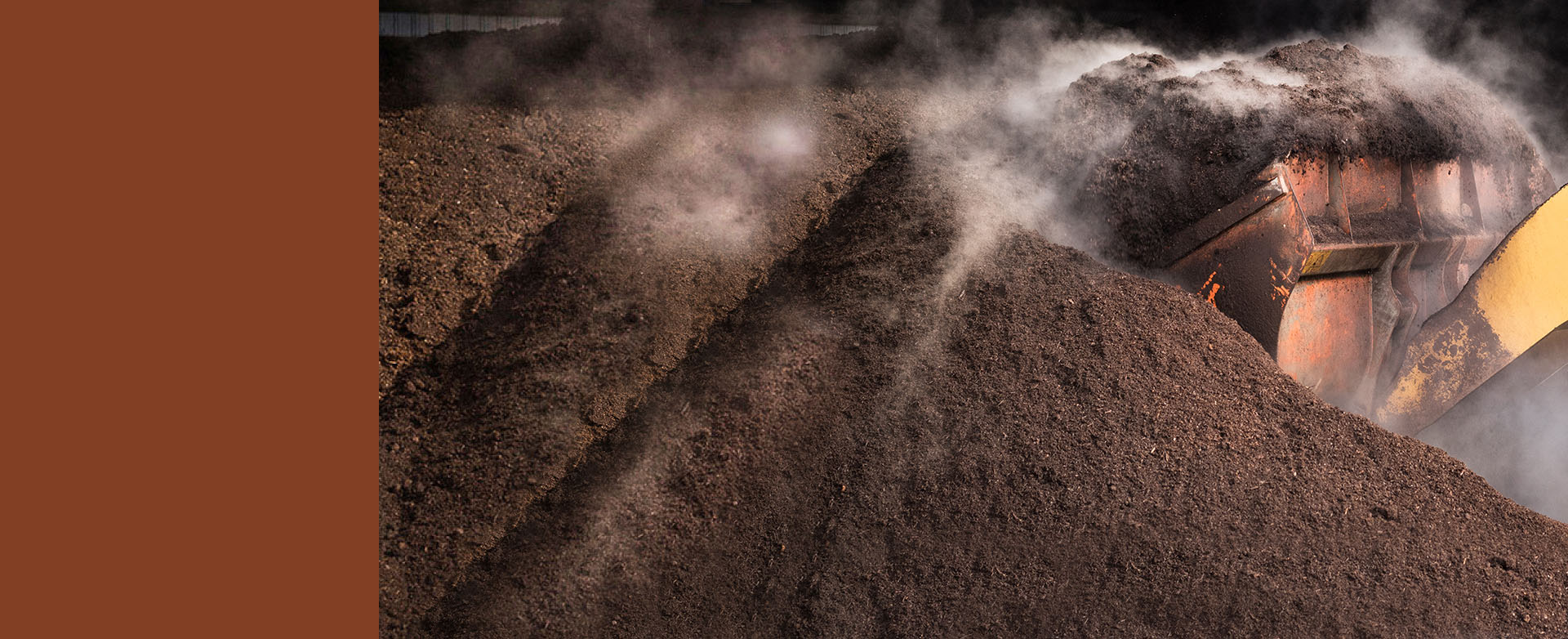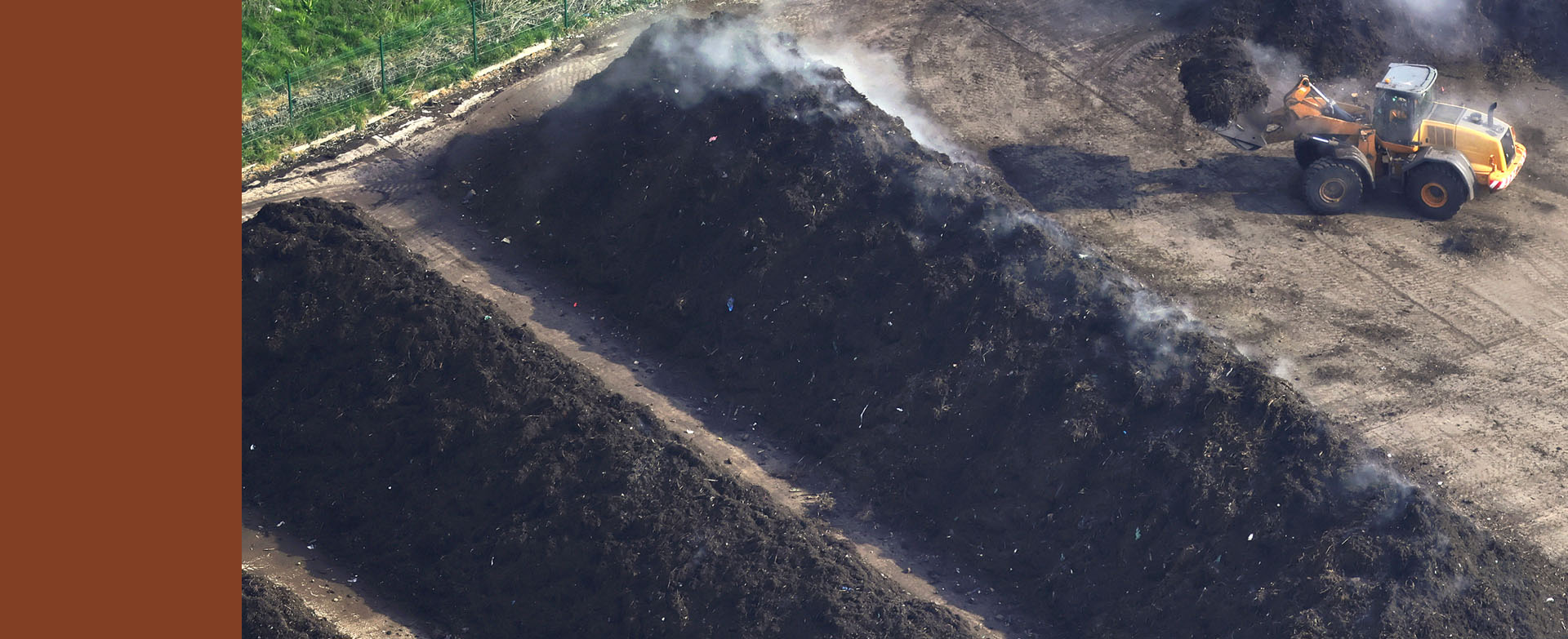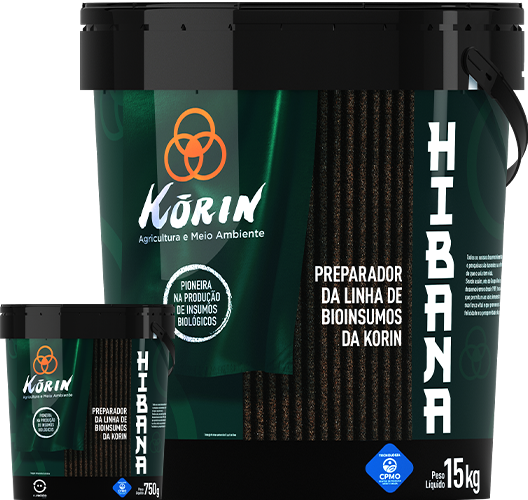 COMPOSTING
COMPOSTING
EMBIOTIC COMPOSTING.
It transforms organic solid waste from agriculture, livestock and agroindustry to an environmentally correct destination.

Turning waste into productivity.
Embiotic Composting is a biological product formed by microorganisms that accelerate the decomposition of solid organic residues from agro-industrial, agricultural, livestock and domestic processes.

What are the main microorganisms in Embiotic Composting?
Lactic bacteria group: Through the action of lactic acid and the enzymes produced, they make plant fibers more decomposable and generate an environment that inhibits putrefaction and the release of ammonia. It favors the performance of thermotolerant filamentous fungi.
Yeast group: Quickly convert organic matter into useful substances promoting suitable environmental conditions for other microorganisms.
How do the microorganisms in Embiotic Composting work?
- They promote the fermentation of organic residues, allowing a fast and safe decomposition;
- Direct to a predominantly lactic fermentation modifying the organic residue, making it quickly digestible for microorganisms;
- They reduce the formation of ammonia and hydrogen sulfide gas, reducing bad smell and loss of volatile nutrients (N and S).

Main waste
from:
- Animal production;
- Sugar and alcohol plants;
- Composting plants;
- Agribusiness;
- Restaurants.
Objectives of Embiotic Composting.
- Economy with revolving;
- Elimination of possible pathogens;
- Reduction of composting time;
- Reduction of bad smell;
- Reduction of the occurrence of flies and other unwanted insects;
- Reduction in the loss of nutrients by volatilization and leaching.
Quality organic compost generating savings and sustainability.
Embiotic Composting, the solution for your business!
HIBANA.


Want to know more?
Fill in your details below and we will contact you.